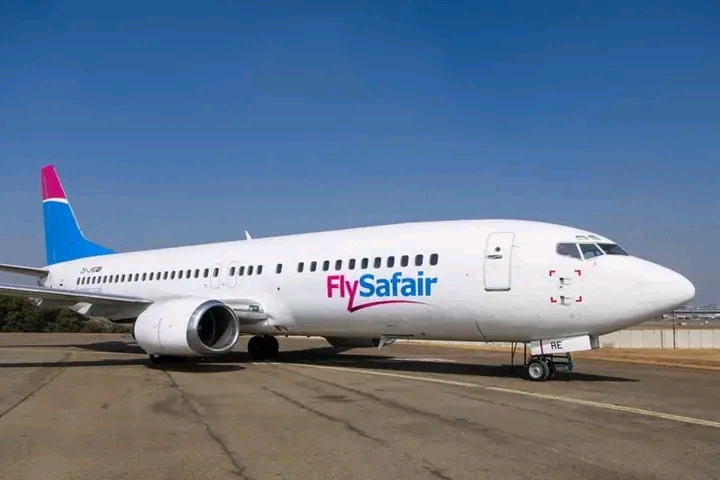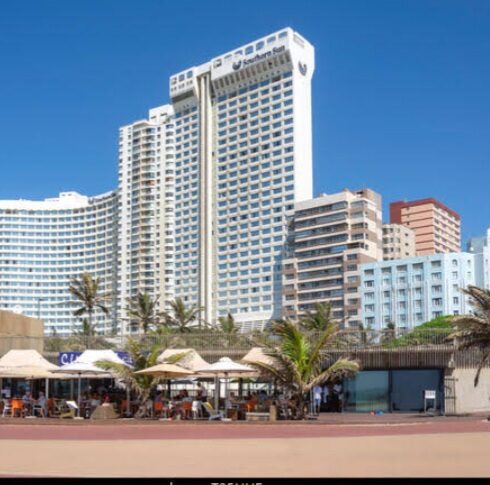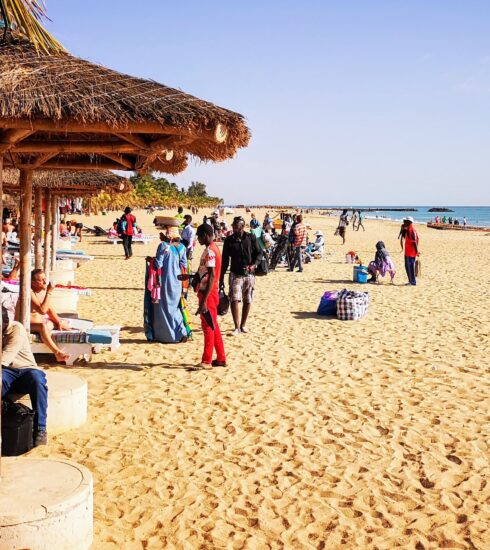FlySafair’s Strike Turbulence: A Wake-Up Call for South Africa’s Skies
For a country that prides itself on resilience, South Africa’s aviation industry is entering a rough patch—and all eyes are on FlySafair. The low-cost darling of the domestic skies, once hailed for its punctuality and operational efficiency, is now facing unprecedented internal turbulence.
As of July 16, negotiations between FlySafair and the Solidarity union representing pilots have officially broken down. A strike certificate has been issued, setting the stage for a legally protected strike that could see up to two-thirds of the airline’s 200 pilots grounding their wings. Should this happen, it would mark one of the most disruptive episodes in South African aviation since the SAA meltdown.

But this isn’t just about pay—though that’s certainly a big part of it. FlySafair offered a 5.7% salary increase, which pilots flatly rejected. Their demand? A 10.5% raise, plus inflation-linked increases. Yet beneath the headlines, the more revealing friction lies in what pilots describe as a deeply flawed rostering system, unrealistic working conditions, and policies that limit rest and leave. In short: a fight not just for money, but for dignity, predictability, and quality of life.
From a traveller’s perspective, the storm clouds are already gathering. The airline has begun rescheduling flights between July 22–28, offering affected passengers free rebookings. While commendable, this also signals serious concerns behind the scenes. When an airline starts reshuffling its schedule days before any strike notice is even served, it’s not posturing—it’s preparing for impact.
Let’s be clear: FlySafair is the backbone of South African domestic travel, now commanding 60% of all domestic seat capacity and ferrying around 30,000 passengers daily. This isn’t a niche airline having a spat; this is the main artery of movement across cities like Cape Town, Joburg, and Durban. A strike will ripple far beyond boarding gates—it will affect tourism, business travel, and even cargo logistics.
And while the pilots’ demands might seem steep in a volatile economy, it’s worth remembering the role they played during COVID-19. Many took pay cuts, endured erratic schedules, and kept the airline afloat. Now that FlySafair is flying high again, pilots are asking for a seat at the table—and rightly so.
This potential strike also reopens a broader conversation about South Africa’s aviation workforce and its labour relations. Cabin crew are reportedly entering their own round of tough talks, raising the spectre of broader industrial unrest. When frontline workers feel unheard for too long, strikes become less about wage percentages and more about being seen and respected.
As travellers, we must also adjust our lens. We often view strikes as annoying delays, but seldom ask what pushed skilled professionals—whose job is literally to keep us safe in the air—to such drastic measures. Perhaps it’s time we do.
What Next?
The CCMA is scheduled to mediate strike rules by July 17, after which a 72-hour notice period begins. If the union pulls the trigger, South African travel could grind to a halt just as the country enters peak domestic travel season.
For now, the airline is urging passengers to monitor their bookings and promises no-charge rebookings for those impacted. But the truth is, this moment is bigger than temporary disruptions—it’s about how we treat our essential workers in an industry that thrives on precision, passion, and people.
Final Boarding Call
FlySafair is no longer the underdog. It’s a major player—too big to ignore, too vital to fail. How it navigates this standoff will shape its reputation for years. The airline can still land this negotiation safely, but it will require humility in the cockpit and wisdom in the boardroom.
The future of air travel in South Africa depends not just on cheap fares and on-time arrivals, but on fair treatment, sustainable systems, and mutual respect between labour and leadership.







